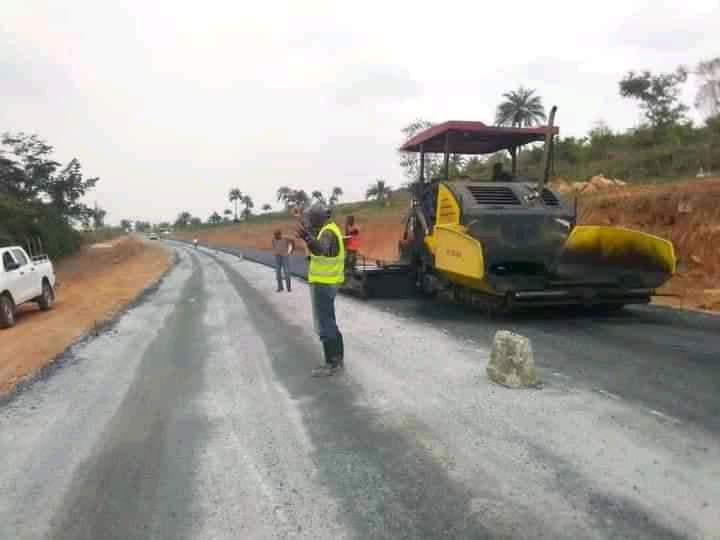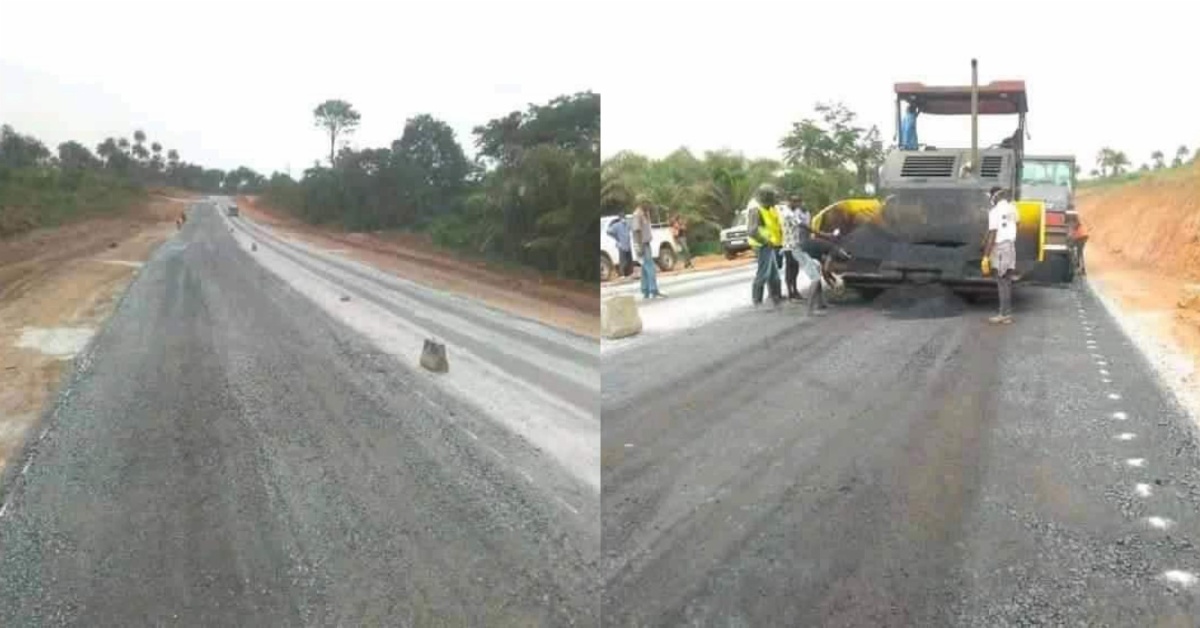Residents of Pujehun District in Sierra Leone are appealing to the government to expedite the long-awaited construction of the Bandajuma-Pujehun Highway.
The Bandajuma-Pujehun Highway project, which has been in the pipeline for several years, is considered a vital infrastructure development that would link the remote Pujehun District with the rest of the country. Currently, the district faces significant transportation challenges, hindering the movement of goods and people.
Expressing their concerns, community leaders, and residents have jointly emphasized the urgency of the highway’s completion.
Local farmers, traders, and entrepreneurs have been particularly affected by the lack of proper road infrastructure, leading to increased transportation costs and delays in reaching markets.
Mr. Saidu Bangura, a farmer stated, “Our produce often rots before we can transport it to nearby markets due to the poor road conditions. We urge the government to prioritize the construction of this highway to alleviate our struggles and boost economic opportunities for our community.”

Furthermore, the absence of a reliable highway has significantly impeded access to healthcare and education for residents. Ambulances and medical supplies often face obstacles, putting lives at risk. Students, on the other hand, struggle to attend schools outside the district, hampering their educational prospects.
The Bandajuma-Pujehun Highway would not only enhance accessibility but also attract potential investors, spurring economic activities in the region. Additionally, it could open up tourism opportunities, allowing visitors to explore Pujehun District’s natural beauty and cultural heritage.
The residents of Pujehun District eagerly await the fulfillment of the government’s promise, hoping that the construction of the Bandajuma-Pujehun Highway will bring positive and transformative changes to their lives and the district’s overall development. As the project moves forward, it is expected to leave a lasting impact, improving connectivity and livelihoods for generations to come.











